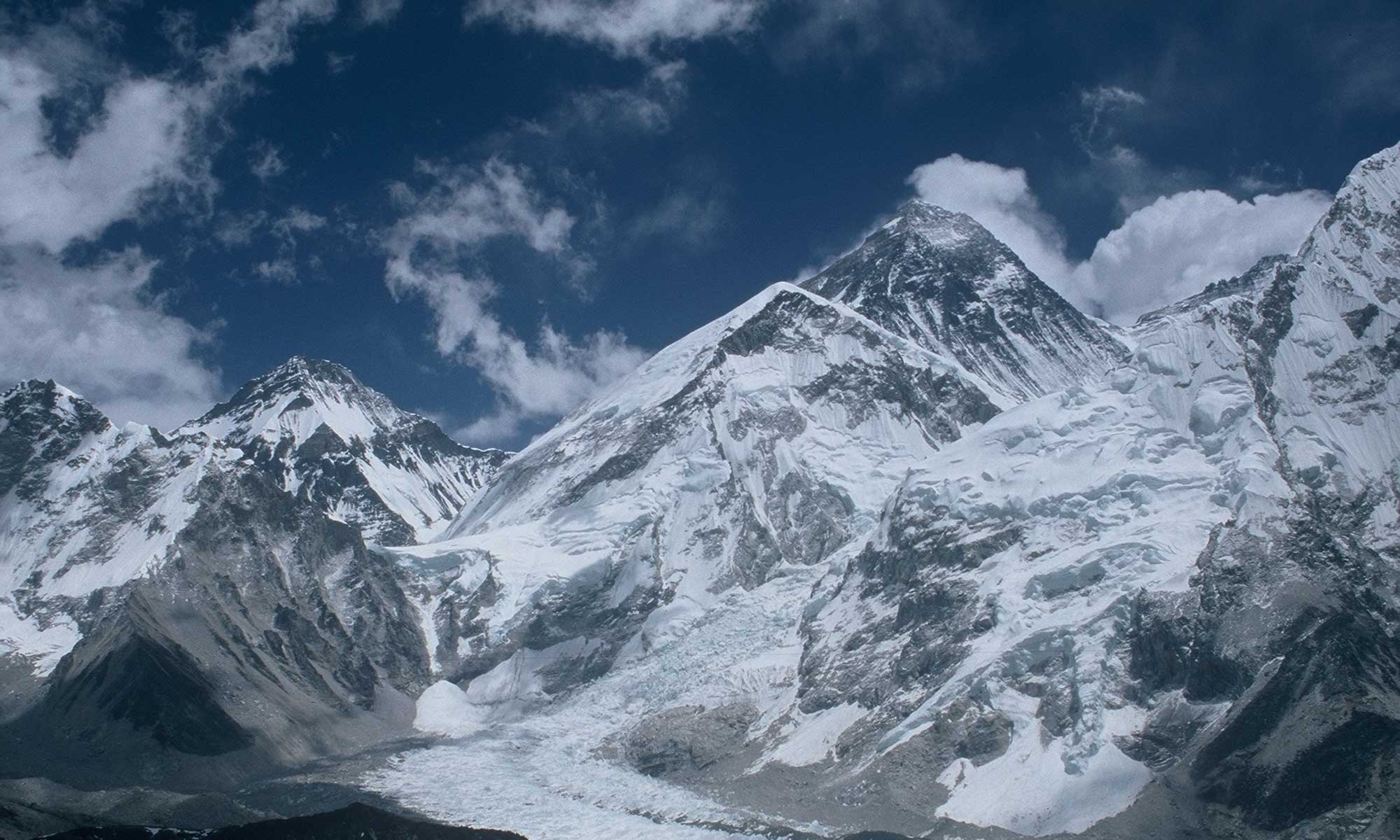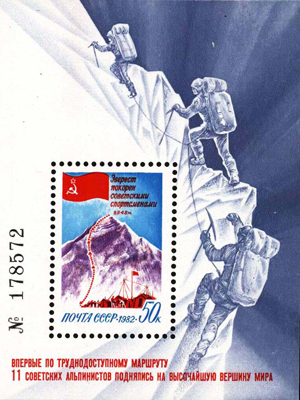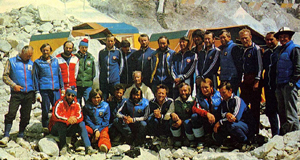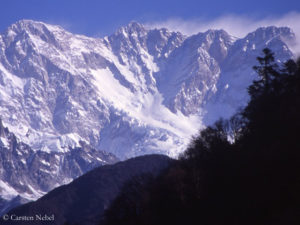It takes courage to speak out against your own government in a time of war. Especially when that government is threatening prison sentences of up to 15 years if “false information” is spread about the “special military action,” as President Vladimir Putin calls the Russian invasion of Ukraine. Some top Russian mountaineers, such as Alexander Gukov, Evgeniy Glazunov and Dmitry Pavlenko, were not impressed, but took a clear public stand against Putin and his war of aggression.
Pavlenko’s tone, however, is becoming increasingly frustrated. “As bitter as it may be, we have to admit that Putin’s propaganda has won in Russia and parts of the CIS region. In twenty years, it has managed to turn over a hundred million people into flash drives. Now you can pour everything into them, and they will reproduce it and support it with all their might,” Dmitry wrote on Facebook today. “This war has shown me that I have lost my homeland for good.”
“Say NO to this war!”
Pavlenko and Evgniy Glazunov are among the signatories of an appeal calling the Ukraine war a “shame”: “We don’t want our children, who live in an aggressor country, to be ashamed of their army attacking an independent neighboring state. We call on all citizens of Russia to say NO to this war.”
Alexander Gukov has also distanced himself from the invasion of Ukraine in similarly strong terms. The Open Letter to Putin he initiated on behalf of Russian mountaineers has been signed by about 350 people so far (if you want to do it too, click here). It also says: “Ukrainians are our friends, side by side with whom we have passed the most terrible trials and shared difficulties in the mountains.”
Milestone: Everest Southwest Pillar
As 40 years ago, in spring 1982 on Mount Everest. At that time, Russian and Ukrainian climbers stood on the highest mountain on Earth for the first time – during a joint expedition of top climbers from the former Soviet Union. They achieved a real coup: they opened (with bottled oxygen) a new, extremely difficult route via the Southwest Pillar and the West Ridge to the summit at 8849 meters. To this day, it has never been repeated.
Within five days, a total of eleven team members reached the highest point. The first were two Russians, Vladimir Balyberdin (32 years old) and Eduard Myslovsky (44), on 4 May 1982. They were followed on the same day by two Ukrainians, Mikhail Turkevich (38) and Sergei Berchov (35) – they were the first to reach the summit of Everest at night. On the descent they supported their two exhausted Russian teammates.
Kangchenjunga traverse and Lhotse South Face
In 1989, Turkevich and Berchov, together with the Russians Aleksandr Pogorelov and Yevgeni Vinogradski and the Kazakh Anatoli Bukreev, achieved another milestone in Himalayan mountaineering on the 8,586-meter-high Kangchenjunga in Nepal: the traverse of all four peaks of the massif in both directions.
In 1990, Berchov – again in a Ukrainian-Russian team – also caused a sensation. With Vladimir Karatayev, he climbed the 3,300-meter South Face of the eight-thousander Lhotse – it was the first undisputed success on the face. The Slovenian Tomo Cesen had not been able to document the successful solo ascent proclaimed by him in the same year.
Incidentally, ten years ago Berchov was still celebrating the Everest coup 30 years earlier with his Russian teammates from 1982 in Sochi. Against the backdrop of the Russian attack on Ukraine, no climber from either country is likely to feel like celebrating in the anniversary year of 2022.





One Reply to “#ClimbersForPeace: When Russians and Ukrainians made common cause (in the mountains)”
Comments are closed.